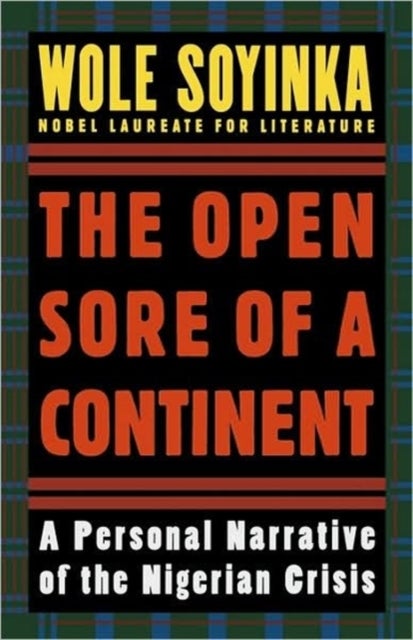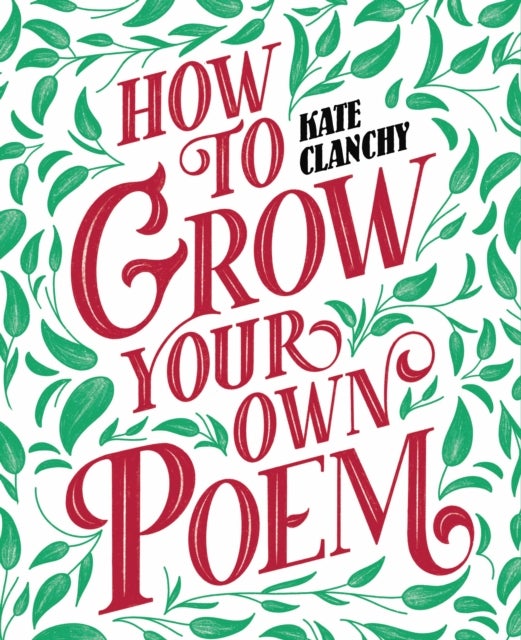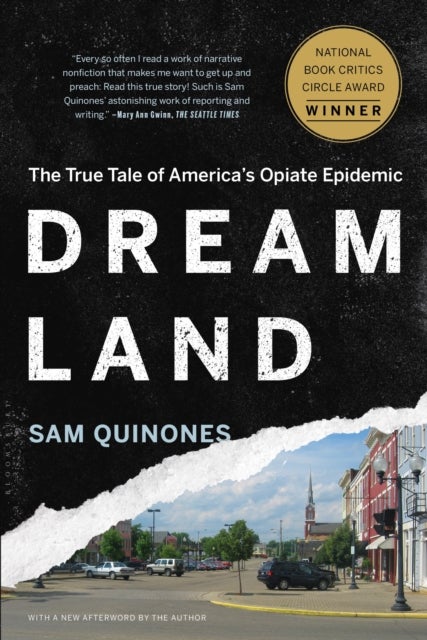
The Open Sore of a Continent av Wole (Fellow at W.E.B. DuBois Institute Fellow at W.E.B. DuBois Institute Harvard University) Soyinka
229,-
On November 10, 1995, the Nigerian military government under General Sani Abacha executed dissident writer Ken Saro-Wiwa along with eight other activists, and the international community reacted with outrage. The response was quick, decisive, and nearly unanimous: Nigeria is an outcast in the global village. The events that led up to Saro-Wiwa''s execution mark Nigeria''s decline from a post-colonial success story to its current military dictatorship, and few writershave been more outspoken in decrying and lamenting this decline than Nobel Prize laureate and Nigerian exile Wole Soyinka.In The Open Sore of a Continent, Soyinka, whose own Nigerian passport was confiscated 1994, explores the history and future of Nigeria in a compelling jeremiad that is as intense as it is provocative, learned, and wide-ranging. He deftly explains the shifting dramatis personae of Nigerian history and politics , arguing that `a glance at the mildewed tapestry of the stubbornly unfinished nation edifice''








